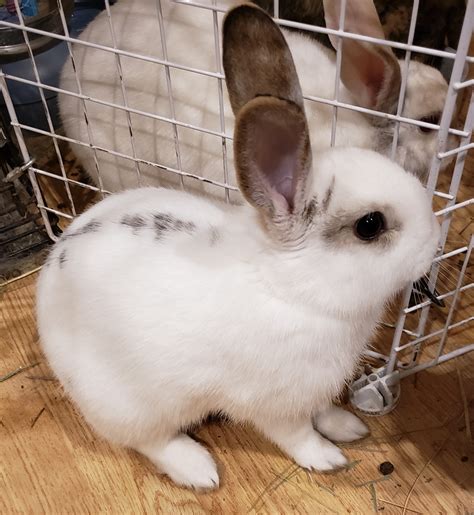Is Adopting a Rabbit Affordable? Find Out Now!
Bringing a fluffy, long-eared companion into your home is exciting, but the commitment extends beyond cuddles and playtime. Before you welcome a rabbit into your family, it's crucial to honestly assess the financial implications. Is adopting a rabbit affordable? The answer isn't a simple yes or no, but rather a detailed examination of various costs. This comprehensive guide will help you determine if rabbit ownership fits your budget.
Initial Costs: More Than Just Adoption Fees
While the adoption fee itself might seem manageable, numerous initial expenses often catch new owners off guard. These include:
-
Adoption Fee: This varies greatly depending on the shelter or rescue organization. Fees can range from $25 to $150 and often cover vaccinations, spaying/neutering, and initial health checks.
-
Supplies: Setting up a rabbit-friendly environment requires several essential items. This includes a spacious cage or hutch (avoid wire flooring!), food and water bowls, a hay rack, litter box and litter (consider paper-based options), toys, and a carrier for vet visits. Expect to spend between $100 and $300 on these initial supplies.
Recurring Costs: The Ongoing Commitment
The initial costs are just the beginning. Owning a rabbit involves ongoing expenses that can add up over time.
-
Food: Rabbits need a diet primarily consisting of high-quality grass hay (timothy, orchard grass), supplemented with fresh vegetables and a small amount of rabbit pellets. Monthly food costs can range from $20 to $50, depending on your rabbit's size and appetite.
-
Veterinary Care: Like any pet, rabbits require regular veterinary checkups, vaccinations, and potential emergency care. Expect to budget for annual wellness exams and unforeseen illnesses or injuries. These costs can range widely, from a few hundred dollars annually to thousands in case of a serious illness.
How Much Does Rabbit Veterinary Care Cost?
This is a common question, and the answer varies considerably. Routine check-ups are relatively inexpensive, but unforeseen illnesses or injuries can quickly escalate costs. Dental issues are particularly common in rabbits and require specialized care. Be prepared for potential expenses related to dental problems, infections, and other health complications.
What About Spaying or Neutering?
Spaying or neutering your rabbit is crucial for their health and behavior, and it’s often included in the adoption fee. If not, factor this expense into your budget. The cost varies based on your location and veterinarian, but typically ranges from $100 to $300.
Are There Hidden Costs Associated With Rabbit Ownership?
Yes, there are hidden costs to consider, including:
-
Litter and Bedding: Regular replacement of litter and bedding is essential to maintain hygiene.
-
Toys: Rabbits need enrichment and mental stimulation through toys, which need periodic replacement.
-
Grooming: While rabbits groom themselves, some may require occasional brushing or professional grooming, particularly long-haired breeds.
Budgeting for Unexpected Expenses
Life happens, and unforeseen health issues or accidents can arise. Building a small emergency fund specifically for your rabbit's healthcare is highly recommended. This allows you to handle unexpected vet bills without compromising your financial stability.
Is a Rabbit Right For Me Financially?
To determine if you can afford a rabbit, honestly assess your current financial situation. Create a detailed budget that incorporates all the potential costs, including initial purchases, recurring expenses, and an emergency fund. If you can comfortably manage these costs without sacrificing your other financial priorities, then adopting a rabbit might be a feasible choice.
Conclusion
Adopting a rabbit is a rewarding experience, but it's essential to understand the financial commitment involved. By carefully considering all the costs, both initial and ongoing, and creating a realistic budget, you can ensure you're prepared for the joys and responsibilities of rabbit ownership. Remember, responsible pet ownership includes ensuring your pet's well-being, which includes providing for their financial needs.

